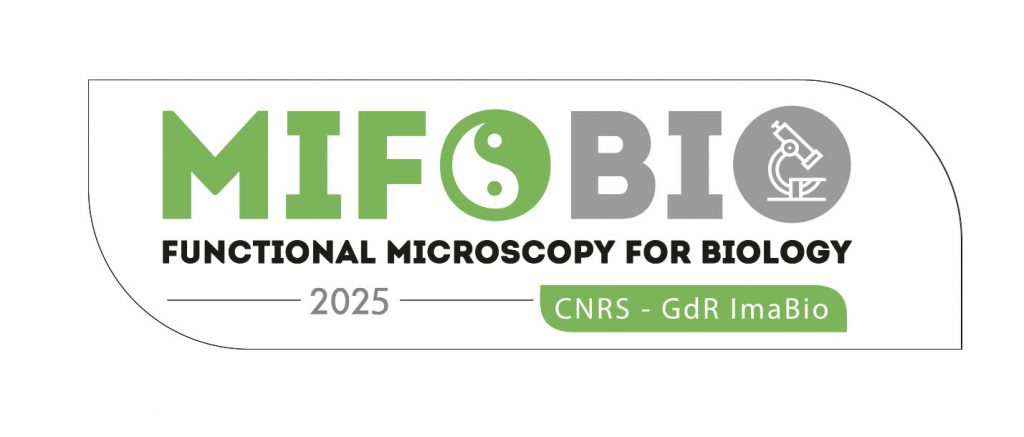
Educational activities
The MiFoBio thematic school is a place for scientific exchange and experimentation through a wide range of educational activities. It offers a rich and diversified range of content. This page provides a description and links to the various educational activities taking place during the week, often in parallel with each other (except for courses and seminars).
Courses and Seminars
The core of the school’s teaching is organized around 6 thematic modules and an initial module giving the fundamental concepts. These modules bring together 4 to 6 courses and are complemented by seminars and cross-disciplinary courses (see schedule).
Thematic tracks
The courses combine modules, workshops and roundtables on a common theme, and conclude with a debriefing roundtable. This enables participants to identify more effectively the workshops that correspond to their interests, and to follow the desired course in part or in full.
Tracks of the 2025 session are structured around the following themes :
- FLIM
- AFM
- Multiplexing
- Expansion Microscopy
- AI and/or Deep learning
- 3D Cellular assembly (organoids, sphéroids…)
- Super-resolution microscopy
- Metrology
Find workshops composing each track in the following Excel file :
Practical workshops
An essential part of Mifobio, workshops are proposed by participants with the aim of sharing know-how through practice, with other participants taking part in the workshop around a machine or in a computer room. Equipment is either provided by our industrial partners, or brought in by academics (home-made systems). Lasting 1 hour 45 minutes, workshops are limited to 20 participants.
Workshops take place throughout the week, in the afternoons and evenings, in parallel sessions.
You will find a list of all workshops in the following PDF file:
Round Table (TA), Advanced Courses (CA) et Mini-Symposium (MS)
Another Mifobio staple, they provide a relaxed forum for discussion on a given topic. TRs are a less formalized space for discussion, while the CA format is more like an interactive course, with a more formal presentation but very open to discussion. As for MS, they are linked to modules and therefore organized around themes. They enable young researchers to present their work and discuss technical issues.
Round tables, advanced courses and mini-symposia take place at the same time as the workshop slots.
Other educational actions
Bar à Image
The Bar à Image (BAI) is a meeting place for participants with image processing and analysis problems, and experts on hand to solve them.
Practical Setup Focus
Dedicated to the discovery of new technologies present at Mifobio, Practical Setup Focus are a time for exchanges and discussions between manufacturers and participants around the systems brought to the event.
Fab-Lab
From computer-aided design to Arduino programming and 3D printing, the Fab-Lab brings together a whole range of techniques and skills through dedicated experts, to support everyone’s projects and ideas.ès libre, en plus des créneaux Ateliers.
Optics-Lab
The aim of the OpticsLab is to enable participants, whether beginners or more experienced microscopists, to learn how to carry out performance measurements on optical systems and, above all, to understand the underlying physical principles through practical work that can be carried out independently (with little or no supervision).
Chem-Lab
Chem-Lab is offering workshop slots where participants can make their own fluorescent probe, then test it on cells and visualize the result under the microscope.
